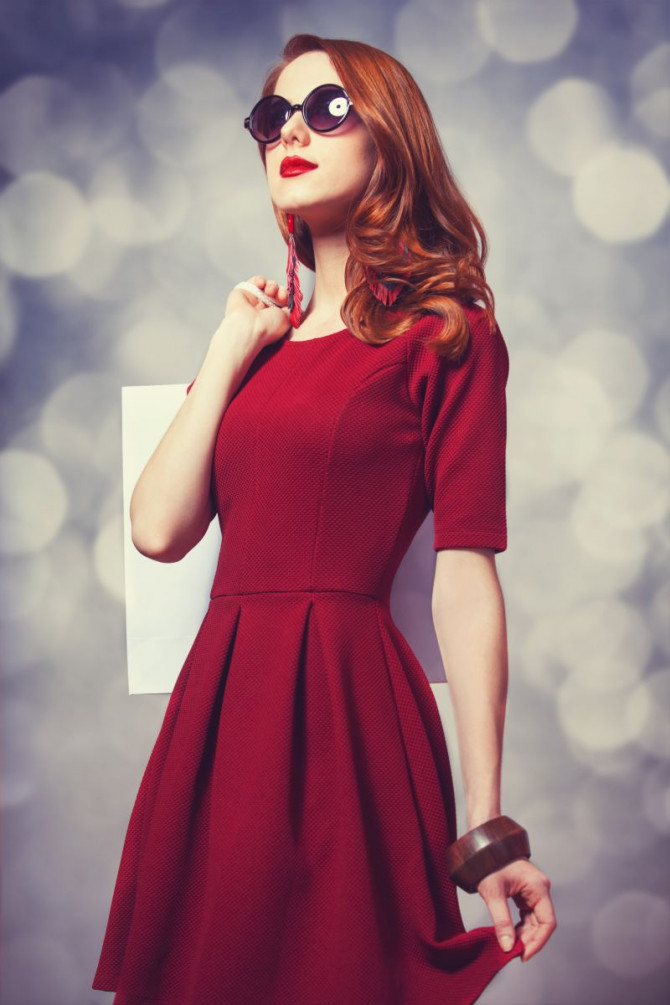Premium product, premium customer
Premium customers are very demanding. One of the fundamental elements which can decide success or failure in the luxury goods market is good research on the type of premium customers you are dealing with, what affects their purchasing decisions and their expectations of sales and service.
Dostępny jest przetłumaczony materiał kliknij tutaj, aby przejść do materiału.

Forecasts indicate that the luxury and premium goods market will continue to grow and thus the number of affluent people will grow steadily. Therefore, the potential of this market is promising.
Different forms of luxury
Dior, Chanel, Versace, Porsche, Rolls-Royce are all brands associated with luxury. Although not everyone can afford them, many want to have products marked with their logo, because it gives them a sense of belonging to an elite social group.
Luxury goods -
all goods (including services) by a brand widely recognised as luxurious on a given market or in goods which due to their characteristics (uniqueness, high price, etc) make them luxurious.
From the point of view of a business operating on the premium goods market, it is important to understand why having certain goods or using a particular type of services is desirable and attractive to customers.
Premium product qualities:
- uniqueness - a premium product is a product or service which distinguishes itself by a certain characteristic element from a similar product recognised as a mass product (e.g. red soles of Louboutin high heels),
- high quality - material (e.g. natural leather, diamond, rare wood, etc - many jewellery brands present the history of precious stones chosen by the customer),
- exceptional craftsmanship - often manual, with attention to the user and the environment (on the luxury car market, the impact on the natural environment is beginning to be of great importance for the user, which is confirmed by BMW representatives),
- personalisation - limited editions guarantee that no one else will have the same product (e.g. the possibility of personalising the car of a premium brand, as in the case of BMW cars or single units of Rolls Royce cars, prepared according to a customer’s specific order),
- limited availability - the need to wait for a product or service for a long time (e.g. for Rolex watches - it is necessary to wait for some limited series offered in Poland for up to a few years).
The purchase of a premium product or service is associated with prestige, a high position and the possibility of becoming part of the brand’s history, which is of great importance on the luxury goods market.
A profile of premium customers
Premium products or services are essentially items just like any other (purses, watches, cars, etc). So, what makes customers ready to pay more for certain brands? Among buyers of premium brands, three basic types can be distinguished:
TYPE 1: FOCUSED ON FUNCTIONALITY AND RELIABILITY
These customers make rational decisions - they pay extra because the product is to be made of the best materials, with a high standard of performance and attention to detail. They only buy the product when they consider it needed at a given moment, or as an investment for at least the next few seasons. Such customers will invest in a luxury car for the following reasons: comfort, reliability, safety, a timeless design and a small drop in the value of the car.
Wykorzystałeś swój limit bezpłatnych treści
Pozostałe 69% artykułu dostępne jest dla zalogowanych użytkowników portalu. Zaloguj się, wybierz plan abonamentowy albo kup dostęp do artykułu/dokumentu.






 Zaloguj się
Zaloguj się








